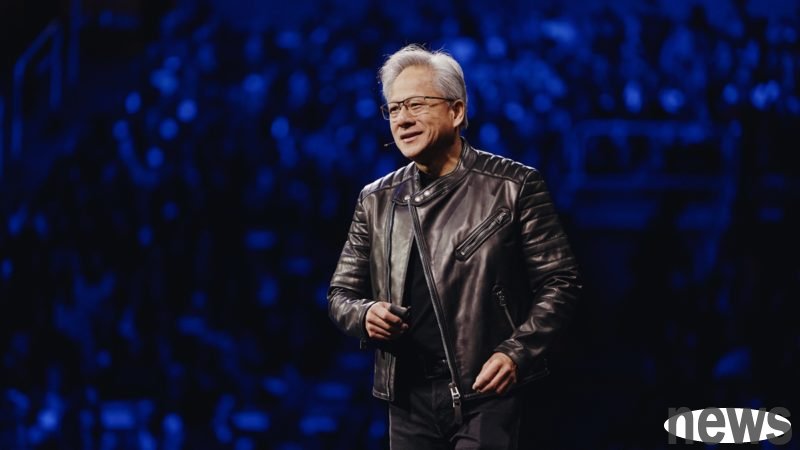
NVIDIA executive chief Huang Renjun recently accepted a special interview with the "Fareed Zakaria GPS" program on the US Television News Network (CNN), and talked about using ChatGPT, Gemini, Perplexity, and Grok. He did not rely on a single AI to answer questions, but cross-used multiple AIs to make them criticize each other's answers.
Huang Rensha will share his habit of using AI to answer the question that program host Fareed Zakaria raised the question that "using AI may affect awareness." Zacaria quoted a study from the MIT study that evaluated the impact of 54 participants using the tool ChatGPT to write a paper, and found that using AI influences personal knowledge.
Huang Renjun told Zakaria that he had not read the MIT study yet, but said that he was using AI every day and believed that his cognitive skills were actually improving.
"I am not asking AI to think for me, I am asking AI to teach me things I still don't know, or help me understand and determine the problem." Huang Rensheng said, "I am not sure what people do with AI will make you not have to think, but you do have to think."
"When interacting with AI, it is a questioning system, and you ask it. To form a good question, you must think, analyze, and reason." Huang Rensheng said that in order to ask good questions, you need to think critically, which is a skill with high awareness.
"When I get an answer from AI, I won't accept it," Huang Rensheng said, "Often I say 'Are you sure this is the best answer you can give?"
"This is like hearing the opinions of three doctors, and I do the same thing," Huang Renqian said, "It is to ask the same question to multiple AIs, then ask them to compare each other's answers, and finally give me the best of all the answers."
NVIDIA CEO on the ‘overwhelmingly positive’ effects of AI Extended reading: Huang Renshi: In the future, everyone will have their own AI supervisor, which will comprehensively change the human learning model